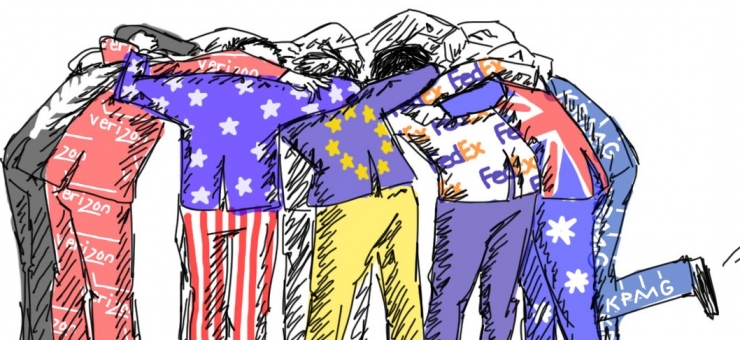Latest TiSA Leaks: Postal services at Risk

The latest leaks on the ongoing TiSA negotiations included an annex on State Owned Enterprises. This annex has real and dangerous implications for postal operators and UNI members around the world. As an analysis by OWINFS (attached) notes, network industries (utilities and post), make up half the value and 60% of the employment worldwide of all SOEs. The latest annex would favor the corporatization of these entities. While many posts are already corporatized, we know that process can erode political support for maintaining them as state-owned enterprises. This in turn puts pressure on the financing of universal service and, crucially, on the social and employment conditions of our members.
The analysis further notes that SOES are in part defined as “principally engaged in commercial activities undertaken with an orientation towards profit-making”. Many posts operate on a costrecovery basis. Still many others do allow profits to be returned to the state. This annex would seem to prohibit practice and would have serious implications for the structure of posts going forward.
There is additional reference to exceptions for SOEs that fulfill “a public service mandate”. That obviously covers many of the activities of a postal service, but posts generally offer other products and services as well that fall outside of this mandate. These blurred lines are worrisome, especially when coupled with an earlier leak regarding competitive delivery services.
That leak from late last year suggested the prohibition of postal monopoly holders’ crosssubsidization of competitive services with revenues from the protected areas. While in principle this is generally already prohibited by national and/or European legislation, it opens the door to legal challenge even further by deep-pocketed multinational courier and express firms. This is particularly true when we look at more capital-intensive segments like international parcel shipping and express delivery. This annex could be used to starve any of the posts from expanding under current structural arrangements or growing reserves to invest in capitalintensive projects, or research into innovative uses of the postal network, and more.
We at the UNI secretariat will continue to follow the developments in the TiSA negotiations as closely as possible. We hope to undertake a more intensive research into these areas with colleagues from other sectors as the year progresses. And we will certainly take up the impact of ongoing trade negotiations in our sectoral conference later this year.

